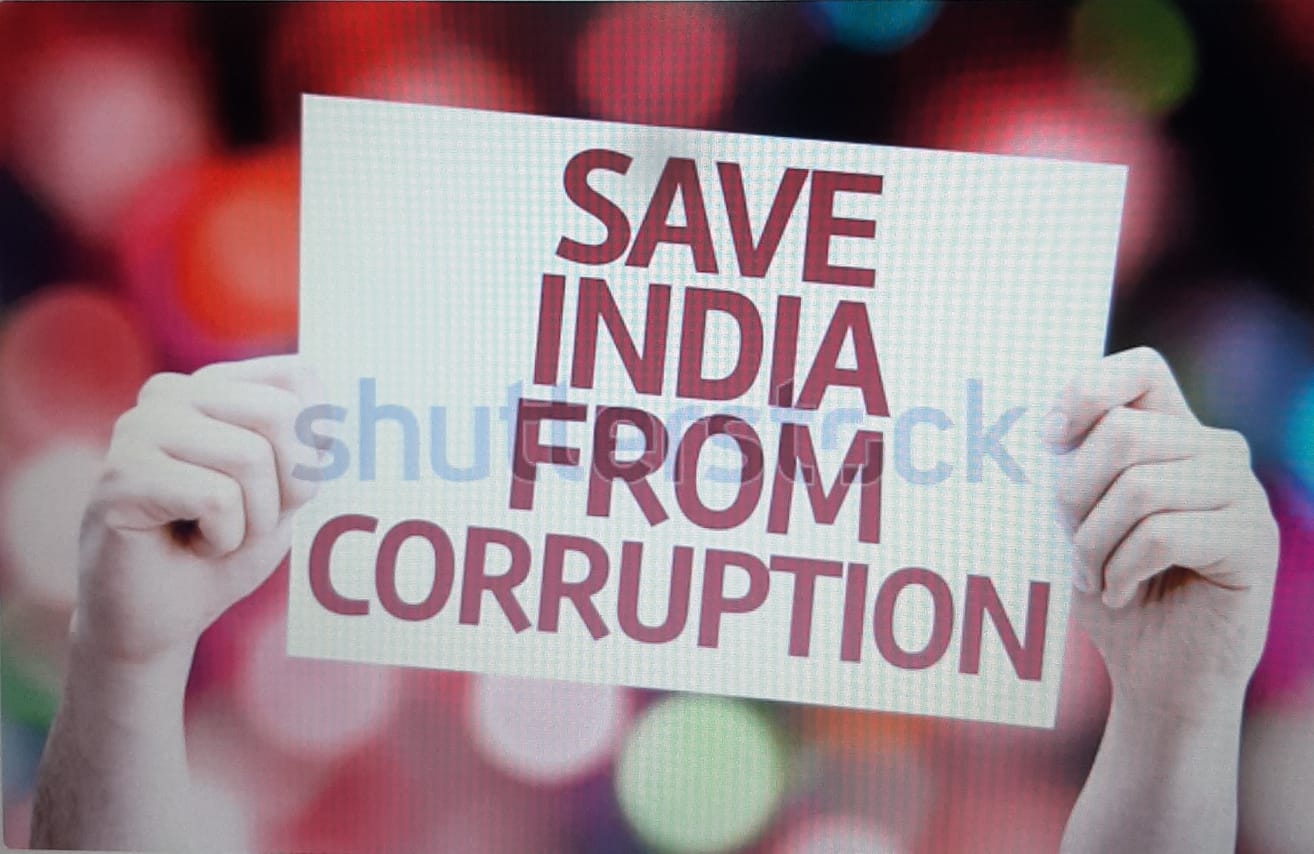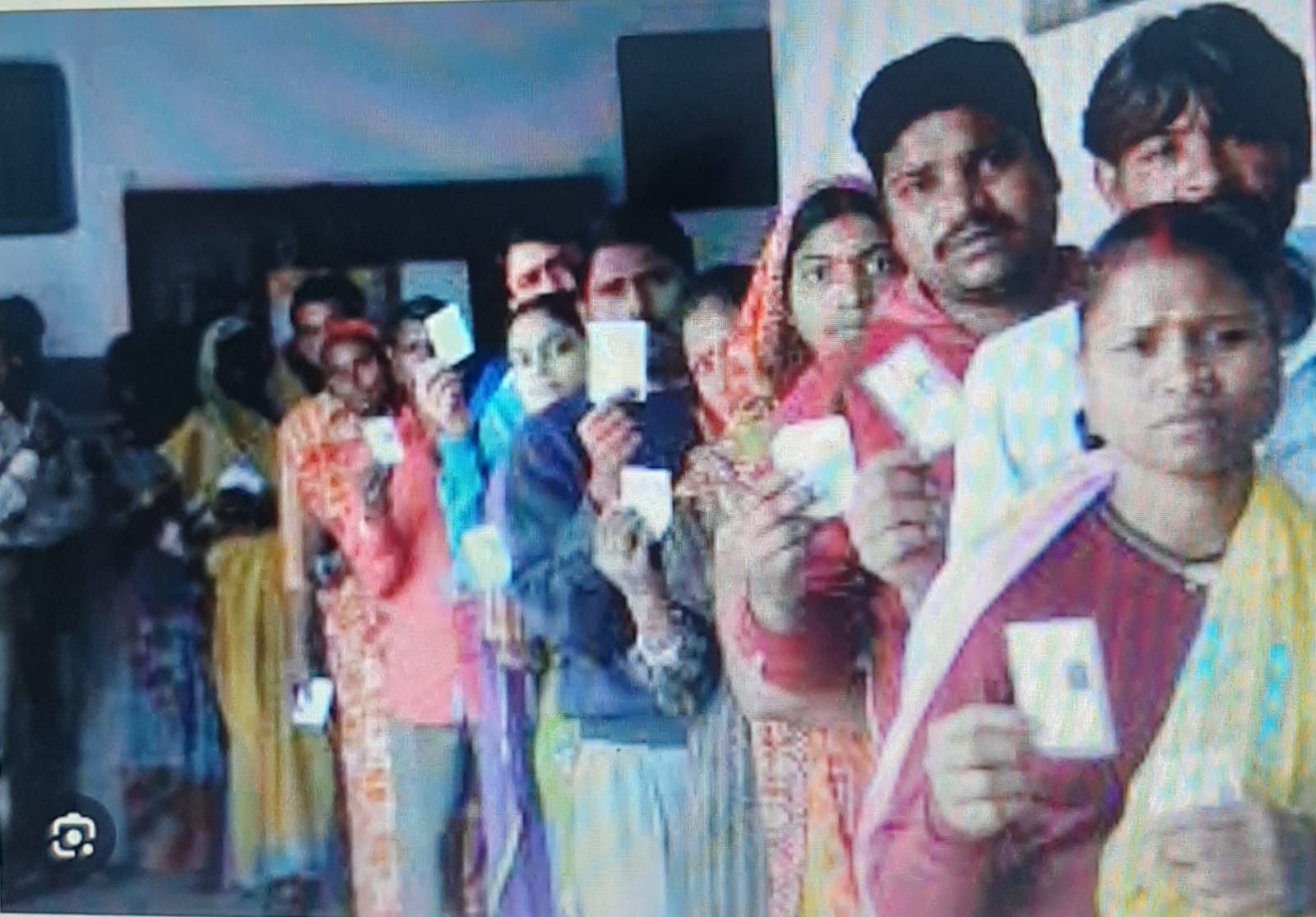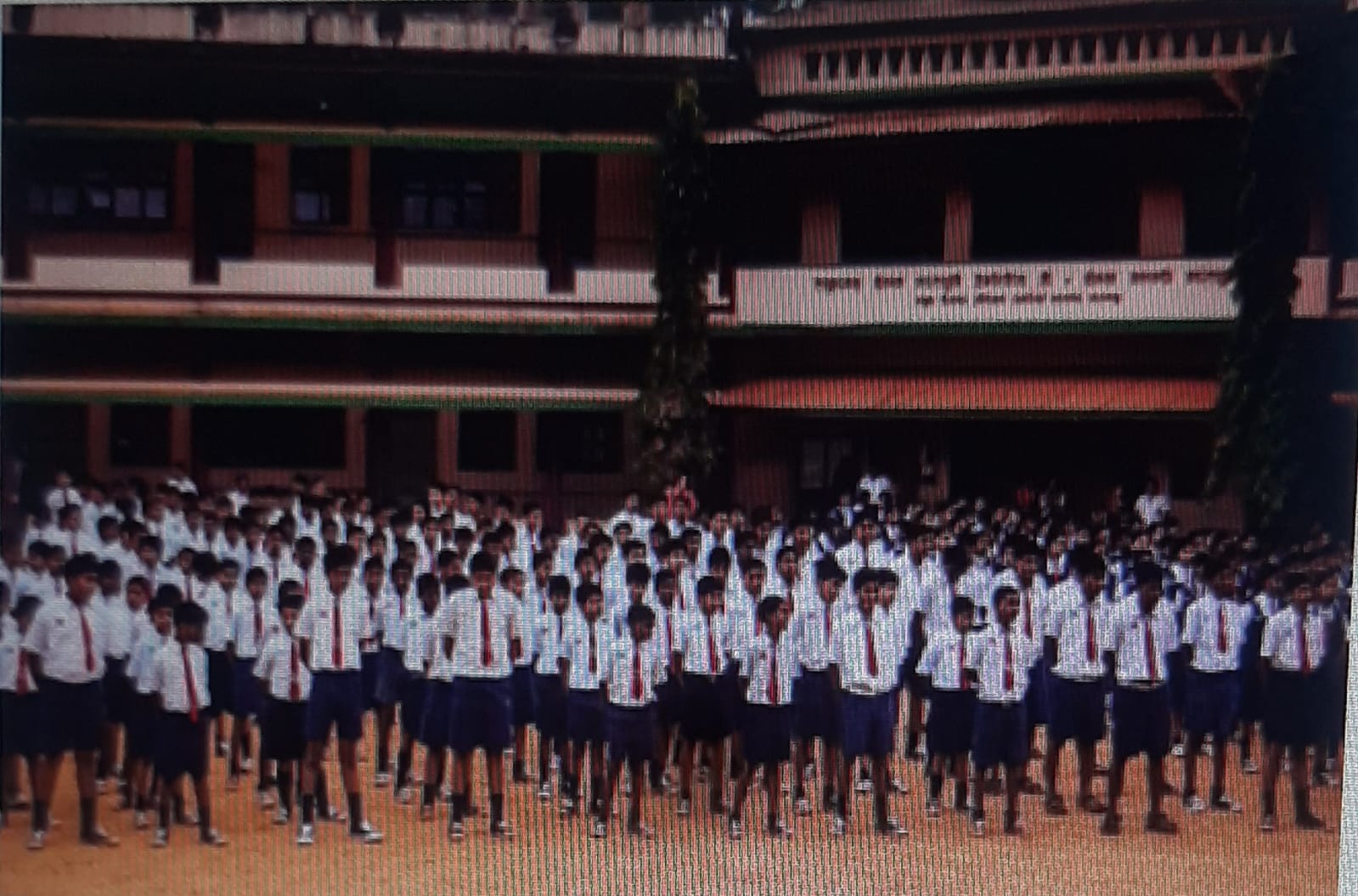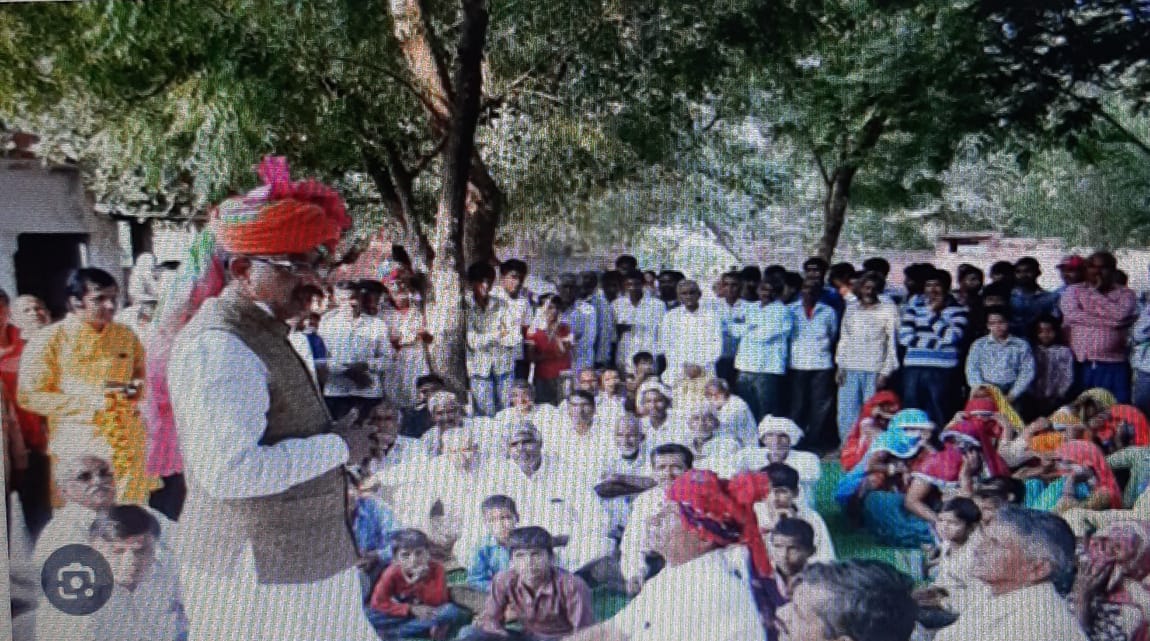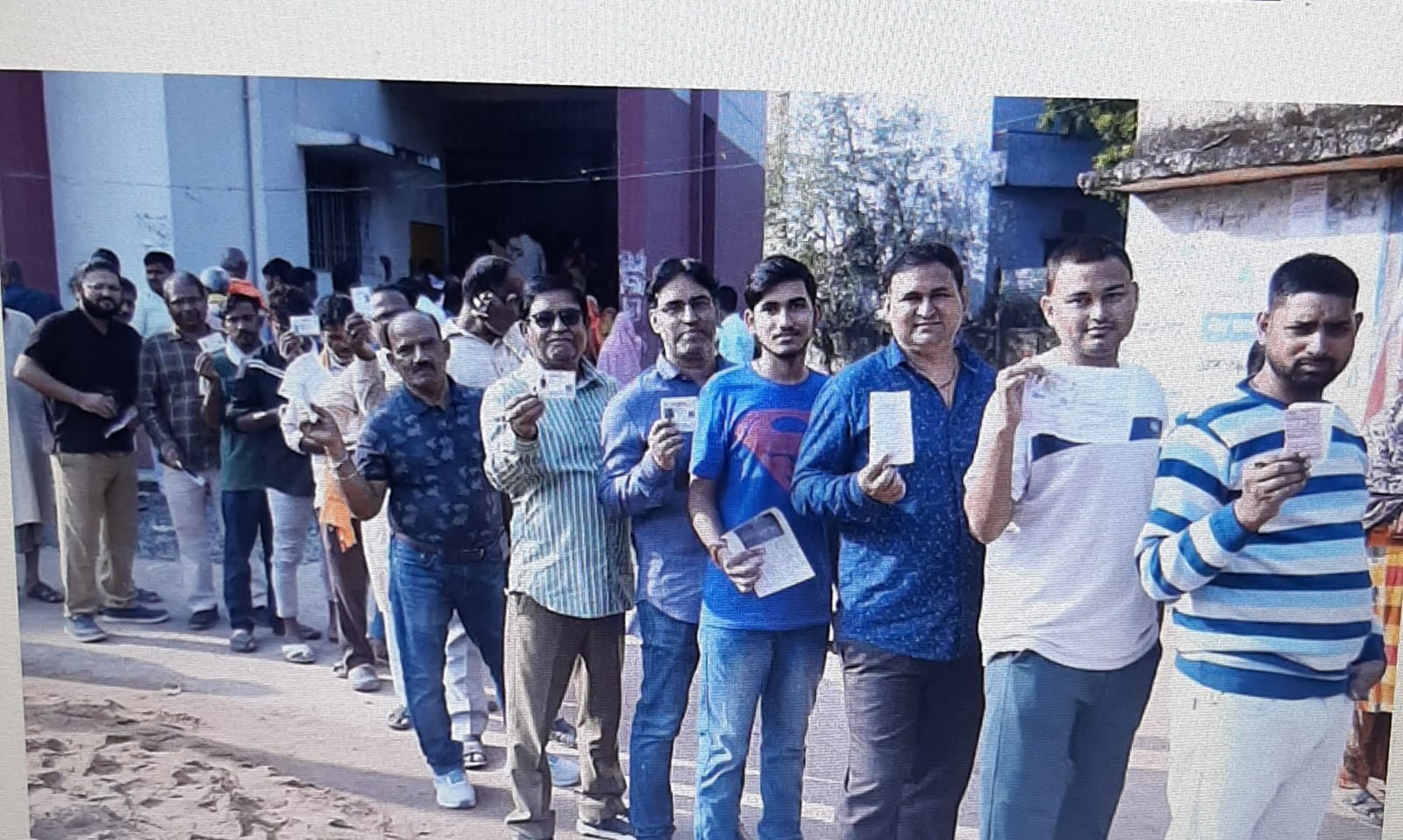
When will our politicians define their economic policies with a clear roadmap to develop our country instead of reducing our electoral processes merely to the art of winning elections by hook or by crook- using divisive policies based on caste and religion buttressed by black money. India has been desperately awaiting ethical transformative changes in our politics for decades -with no success, writes former IAS officer V.S.Pandey
The hurly burly of Bihar elections is over. The battle has been decisively won. The incumbent government has triumphed in the electoral battle by a wide margin. What it did right to win the people’s mandate is the big question. There are no easy answers as the deficit governance record of backward Bihar testifies. A related question is what did the opposition parties do wrongly to fail the trust test. That has a simple answer-the people had hardly any choice between the Tweedledees and Tweedledums of the contesting parties so they decided to go with the less corrupt and less unprincipled amongst them. Most parties contesting the elections, in Bihar or elsewhere, have been in power for decades but despite that they have very little to show by way of their performances and achievements. The development indices are pathetic.
It is a sad commentary on the former and current political parties that even after more than 78 years of self-rule we are still a poor country and laggardly in relation to the various economic and social development indicators. This is despite the fact that most of the political dispensations proclaim themselves to be left of the center and some claim to be socialist openly. The issue that needs to bother citizenry is that when all governments are so pro poor and had people centric agenda, then why do we find ourselves at the bottom rung of the ladder of well performing nations?
It is an established fact that elections across the vast expanse of our country are not fought on economic policies, public policies, employment issues, people’s welfare considerations or programmers per se but on extraneous reasons like caste, religion, language and with the massive use of black money. Economic and social developmental policies find hardly any space during election campaigns. Our political and bureaucratic setups are thoroughly corrupt and are eating into the vitals of our nation. The common man is constantly bemoaning that nothing gets done without bribery or sifarish. This is the most alarming aspect of our nation’s life. Our populace is suffering the ill results of this for decades now with no respite. Unfortunately, even then corruption remains a non issue for our ruling class!
Democracy is primarily about the welfare of the people who through their vote determine the agenda the governments need to follow. Any democratically elected government, whether left or right, needs to devise its policies and programmes to ensure the welfare of the people in general. In today’s political terminology, these two ideologies and their variants form the basis for our political discourse. But which ideology is pro people and which is not, is a profound question with no single, universally agreed-upon answer, as what is “logical” and in the “common majority interest” is subjective and dependent on context, societal values, and individual circumstances. Both left-wing and right-wing ideologies contain logical arguments for promoting the interests of the majority, but they prioritize different values and define the “common interest” differently.
Ironically, distinction between the two historically stems from the French Revolution, where those supporting revolutionary change sat to the left of the presiding officer, and those supporting the monarchy and old order sat to the right. In our context, which government is left oriented and who is a right winger, is apparent after a look at their dominant features. Generally speaking, the core logic of the left is that collective well-being and social equality are the most logical path to a stable, just, and prosperous society for the majority and it includes policies like universal healthcare, education, and unemployment benefits to ensure that all citizens, especially the most vulnerable, have their basic needs met.
On the other hand, the salient logic of the right is that individual freedom and a limited government are the most logical path to efficiency, economic growth, and order, which ultimately serves the majority. It is difficult to declare one ideology inherently better for the majority across all contexts. A left-leaning approach may seem more logical for the majority in a society with vast wealth inequality or widespread poverty, where state intervention is necessary to meet basic needs whereas the right-leaning approach may seem more logical in a society where heavy government regulation stifles economic activity or where personal freedom is severely curtailed, benefiting the majority by unleashing enterprise and individual choice. In practice, most successful governments operate in the center, borrowing elements from both sides to balance the goals of equality (Left) and freedom/efficiency (Right).
In our own political landscape, we have included “socialist” in the preamble of our constitution, but since the 90’s, have followed the ingredients of open market economy to a large extent. Has it helped us, as a nation, to solve our basic issues of poverty, underdevelopment, poor education and health services, infrastructure and growing inequality, to name a few? A humungous “No”.
When will our politicians define their economic policies with a clear roadmap to develop our country instead of reducing our electoral processes merely to the art of winning elections by hook or by crook- using divisive policies based on caste and religion buttressed by black money. India has been desperately awaiting ethical transformative changes in our politics for decades -with no success. This is not going to happen without a strong public demand for the same. We need to awaken, rise up and rest not till the crucial goal is reached.
(Vijay Shankar Pandey is former Secretary Government of India)



